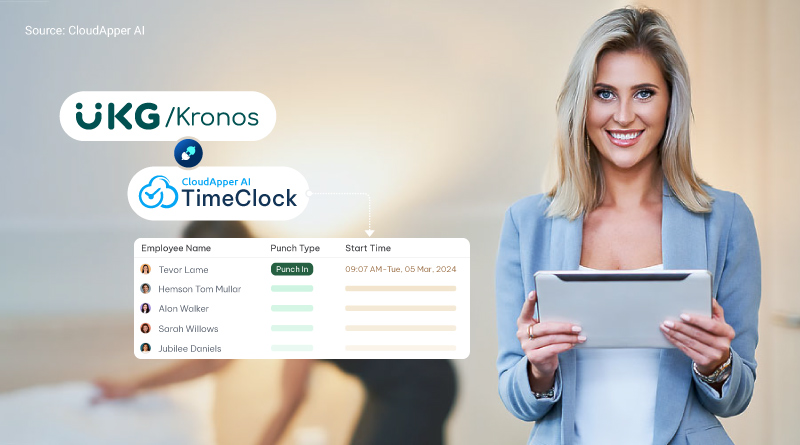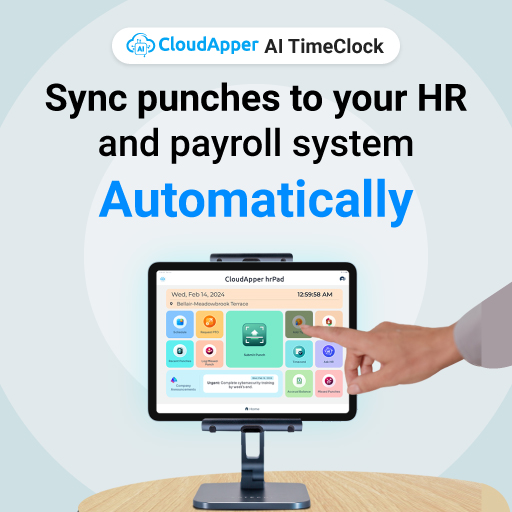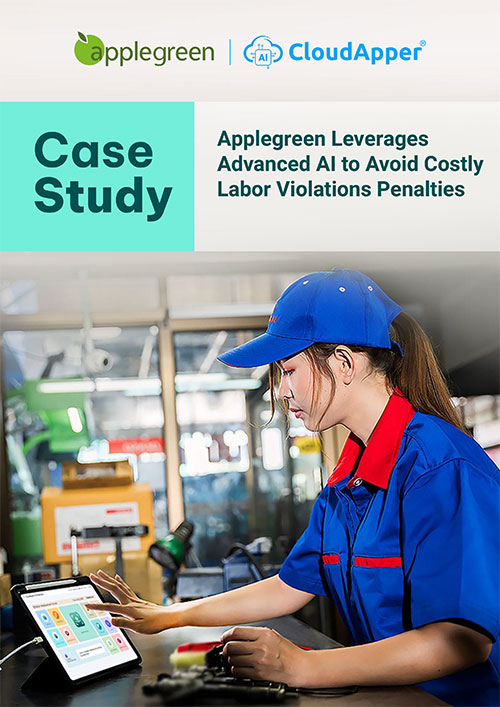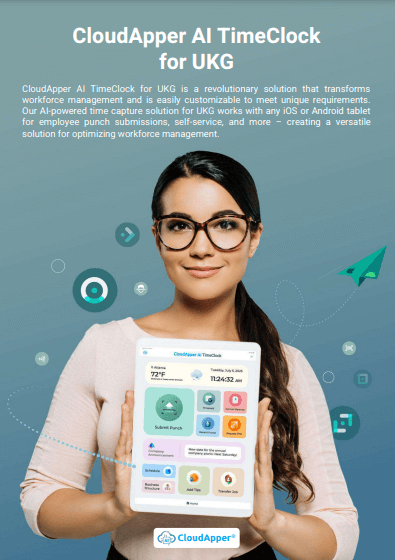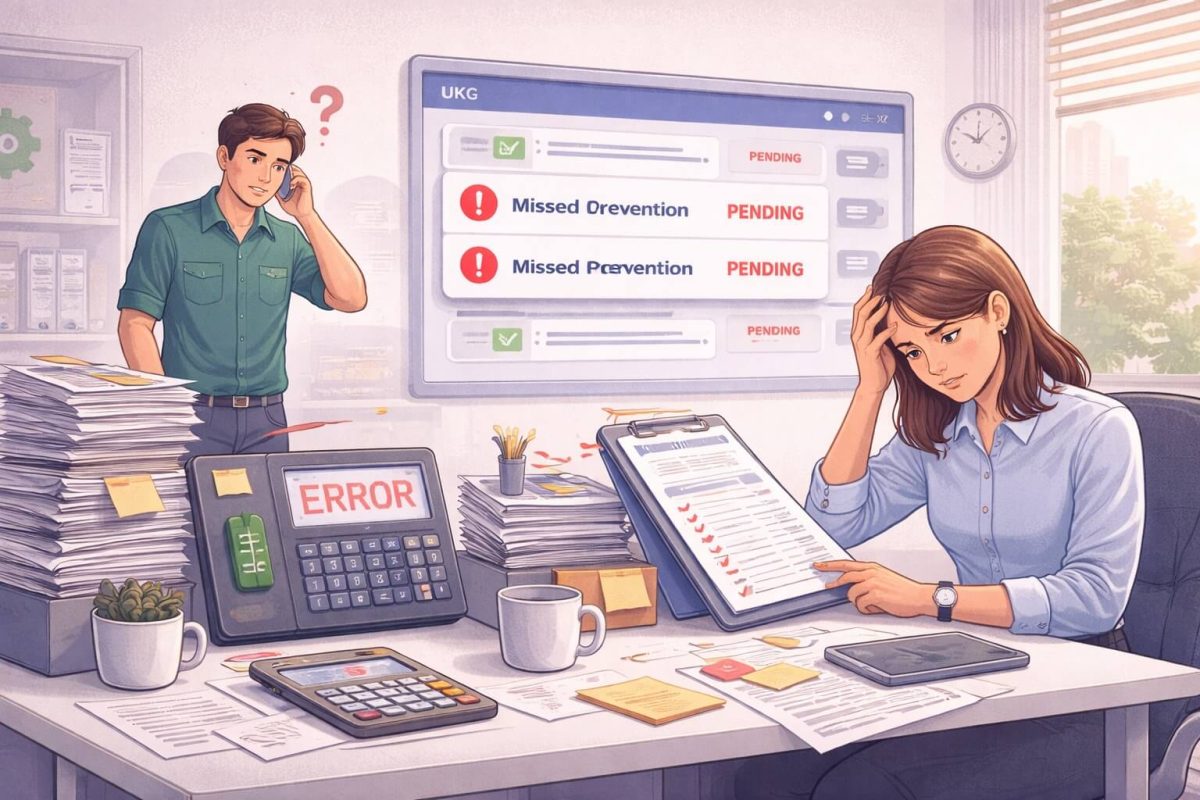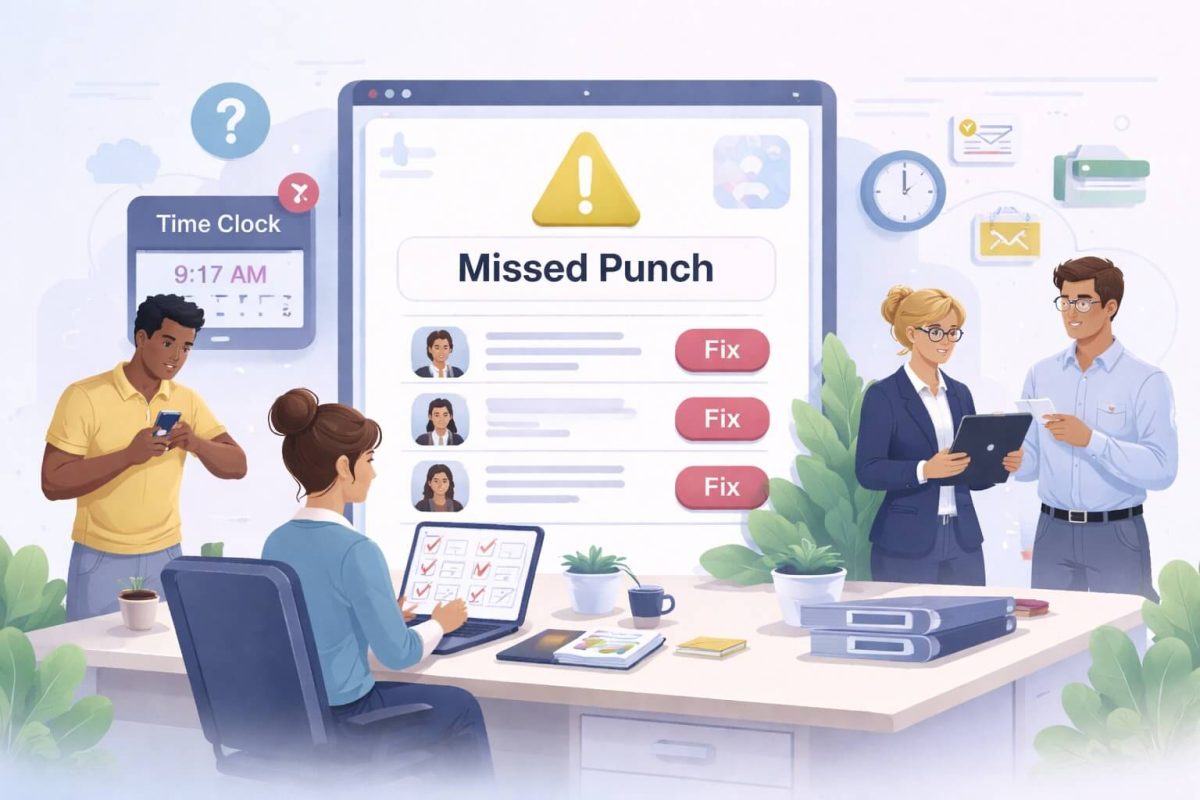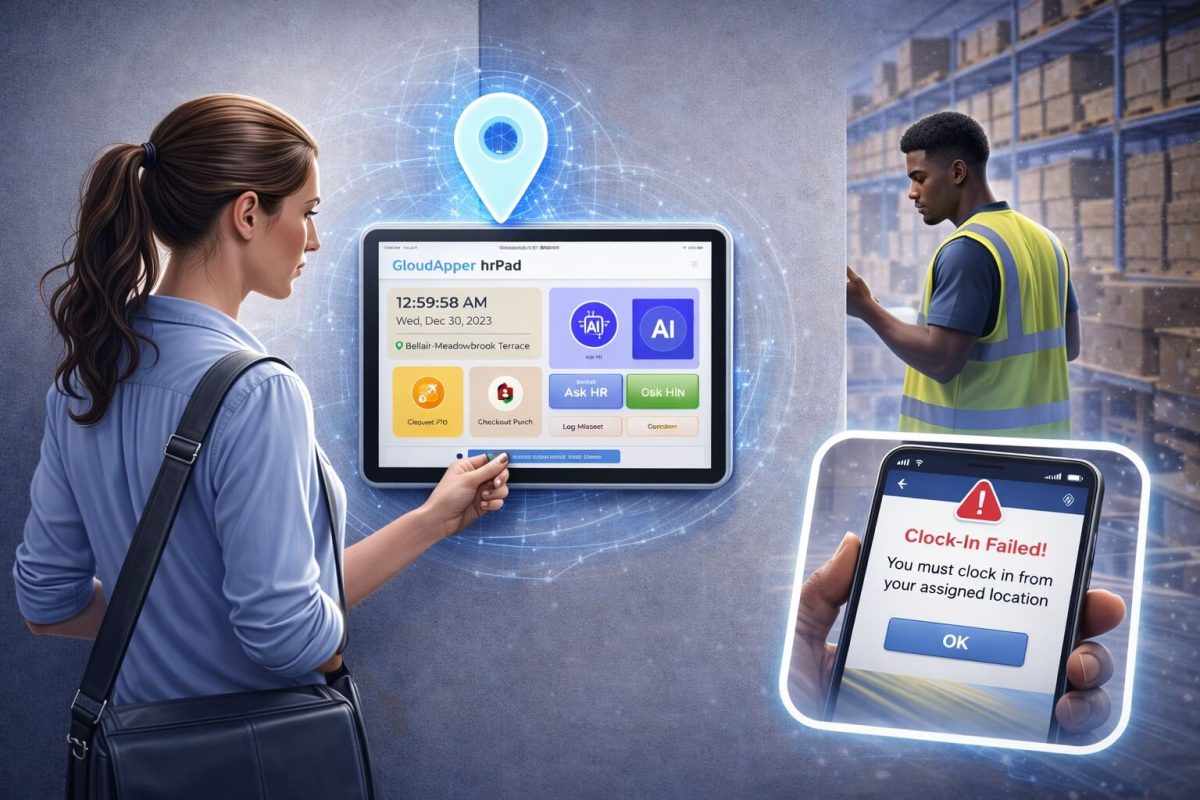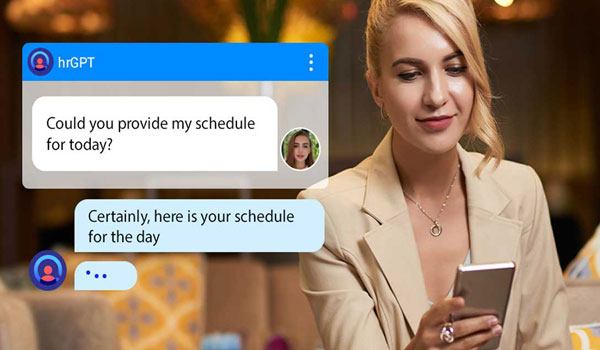Preventing duplicate punches in UKG/Kronos requires a time-tracking process built for real hospitality workflows. This article shows how one organization solved payroll errors, identity mix-ups, and location-based challenges using a customizable solution that fits existing systems.
Table of Contents
Managing time across multiple hospitality sites is already demanding. But dealing with duplicate punches, inconsistent time logs, or even identical twins clocking in for each other can make payroll accuracy difficult to maintain. These issues slow down operations and create extra work for HR and payroll teams.
Many hospitality leaders are now exploring solutions like CloudApper AI TimeClock to fix these issues while staying within their existing UKG/Kronos systems. The goal is simple. Make time tracking accurate without disrupting daily routines. Let’s walk through how one hospitality organization solved its timekeeping challenges with a practical and reliable approach.
TL;DR
-
Duplicate punches often happen due to unclear feedback, shared devices, or varied workflows across locations.
-
A standard UKG/Kronos setup usually cannot prevent accidental time entries during fast-paced shifts.
-
Hospitality teams need time tracking that adapts to real work conditions, not a rigid system.
-
CloudApper AI TimeClock prevents duplicate punches, handles twin verification, and works with existing devices.
-
The solution keeps UKG/Kronos in place while fixing daily time-tracking issues without disrupting operations.
Why Duplicate Punches Keep Happening
Duplicate entries are not usually intentional mistakes. They come from daily work conditions that traditional time clocks do not fully account for. Here are the most common causes:
-
Unclear punch feedback
When employees do not receive a clear confirmation after clocking in, they often punch again to be safe. This is common during early shifts or busy hours. -
Different time clock workflows across locations
Some sites ask for PINs, others use facial recognition, and some require task selection before submission. When methods vary, employees are never fully sure whether a punch was accepted. -
Shared time clock devices
Using a single tablet or kiosk for multiple workers creates a rush during peak times. When employees line up, duplicate entries can happen easily due to quick taps or repeated actions. -
Fast-paced hospitality shifts
Staff move quickly between tasks, departments, or cost centers. In the rush, they may not remember whether they already clocked in and repeat the punch. -
Look-alike or twin employees
In hospitality, it is common to have relatives or identical twins working together. Basic face-matching tools sometimes treat them as the same person, causing repeated or mixed time entries.
These problems do not come from misuse. They come from real working environments where speed matters more than precision. Time tracking needs to adapt to employee behavior instead of forcing employees to adjust their processes.
Key Challenges This Hospitality Group Faced
1. Multiple Locations With Different Flows
Each site had its own way of managing shifts and workflow steps. A single standardized time clock configuration could not meet every need.
2. Duplicate Punches Affecting Payroll
Inaccurate time entries created payroll disputes and additional administrative work.
3. Identical Twins on Staff
Basic facial recognition could not accurately distinguish between siblings, which led to mix-ups and manual verification.
The Solution: CloudApper AI TimeClock Built for UKG/Kronos
The hospitality leader chose CloudApper AI TimeClock, a configurable time capture solution designed to work directly with UKG and Kronos systems. The goal was not to change the way employees worked. It was to support it.
Here is how the team solved their timekeeping challenges across every location.
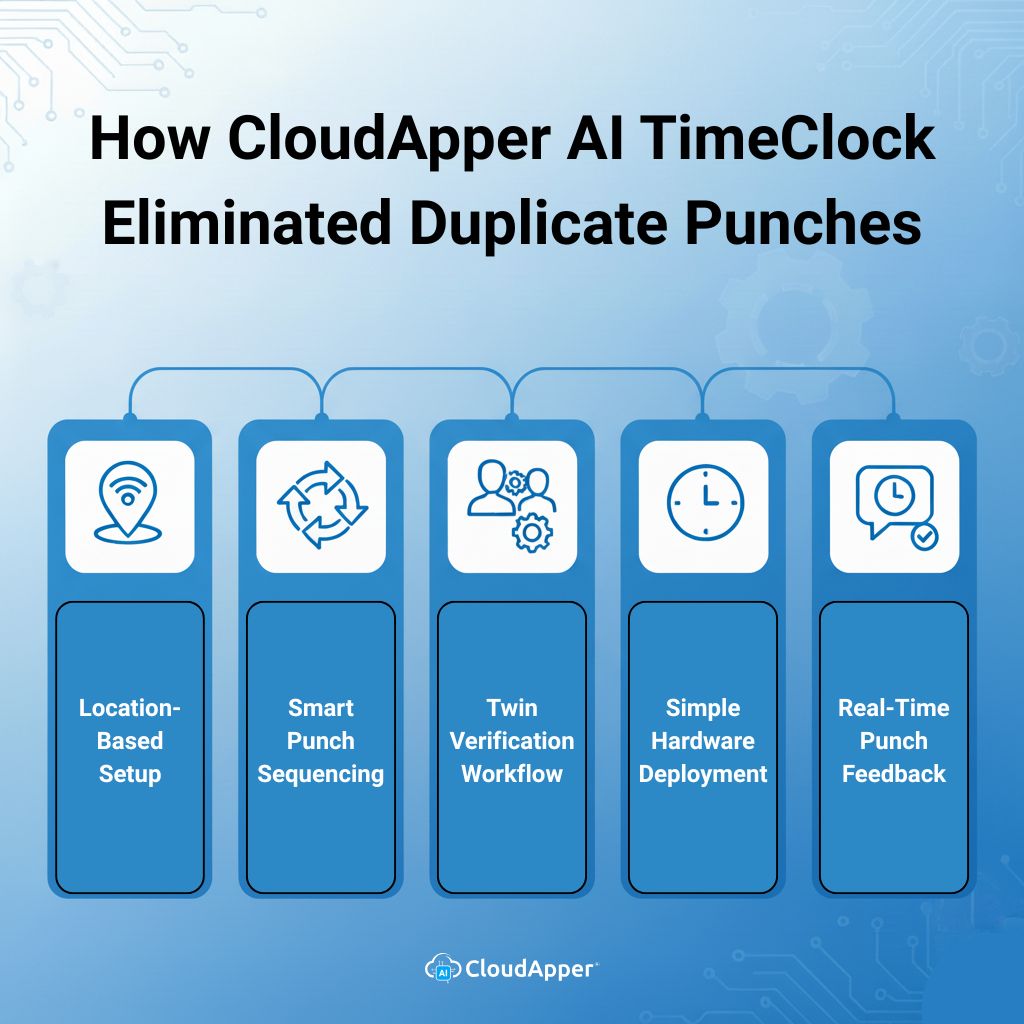
Step-by-Step Time Tracking Workflow
1. Location-Based Setup
Each site had different shift structures and workflows. CloudApper AI TimeClock allowed every location to use its own configuration while staying under one main system. This helped keep things consistent at the company level while giving each site the flexibility it needed.
2. Smart Punch Sequencing
Duplicate punches were often made by accident. To prevent this, the system reviewed the employee’s previous punch before accepting a new one. If a similar entry already existed, the punch was blocked automatically. This greatly reduced payroll errors and removed the need for manual corrections.
3. Twin Verification Workflow
The organization had identical twins on staff, which made time tracking difficult. CloudApper AI TimeClock added an extra PIN step after face recognition to make sure the right person was clocking in. This helped prevent mix-ups and protected employee identity records.
4. Simple Hardware Deployment
There was no need to purchase new time clocks. The team used iPads and Android tablets that they already owned. CloudApper AI TimeClock transformed these devices into fully compatible UKG/Kronos time clocks, making rollout easy and affordable.
5. Real-Time Punch Feedback
Employees often repeated punches because they were unsure if the first one worked. The new system gave clear feedback after every action, so staff immediately knew their punch was recorded. This helped reduce repeated entries during busy shifts.
Time tracking shouldn’t create more work for managers. There’s an easier way to handle it.
Before vs After: What Changed
| Problem Before | With CloudApper AI TimeClock |
|---|---|
| Duplicate punches | Smart punch sequencing prevents them |
| No clear punch confirmation | Visual feedback confirms each entry |
| Workflow differences per location | Custom flows for each site |
| Twin mix-ups | Face ID plus PIN verification |
| Costly time clock hardware | Works on iPads and Android tablets |
How This Helped the Hospitality Team
CloudApper AI TimeClock did more than solve technical problems. It created a timekeeping process that fit the pace of hospitality work. Duplicate punches were finally eliminated because smart sequencing blocked repeated entries before they reached payroll. Time logs became cleaner, so the payroll team no longer had to correct hours or follow up with employees to resolve disputes. Managers saved valuable time since they did not need to track down missing punches or verify entries manually.
The solution improved accountability as well. Clear feedback after every punch helped employees understand that their time was being recorded accurately and consistently. Each location followed a workflow tailored to its needs but still aligned with the company’s overall structure. The existing UKG/Kronos system remained in place, and there was no need to purchase new hardware because iPads and Android tablets worked perfectly as time clocks. In the end, the organization finally had a time capture process that matched the pace of hospitality operations.
Final Thought
Time tracking in hospitality needs to be fast, reliable, and accurate. Duplicate punches and identity mix-ups do not come from carelessness. They come from systems that are not built around real employee behavior. The most effective solution is one that adapts to daily workflows and fits directly into UKG/Kronos.
If your hospitality sites need consistent time tracking, now is the right time to fix it.
Frequently Asked Questions
Why do duplicate punches happen even when employees are careful?
In fast-paced shifts, employees often punch twice when they are unsure if the first punch registered.
Can CloudApper AI TimeClock stop duplicate punches automatically?
Yes. It uses smart punch sequencing that checks the last punch before accepting a new one.
What if multiple locations use different workflows?
Each site can use its own clock-in process while still keeping a common structure across all locations.
How does it handle twins or similar-looking staff?
A face ID plus PIN method securely separates identities and prevents mix-ups.
Do we need new hardware to use it?
No. It works on iPads and Android tablets and integrates directly with UKG/Kronos.


